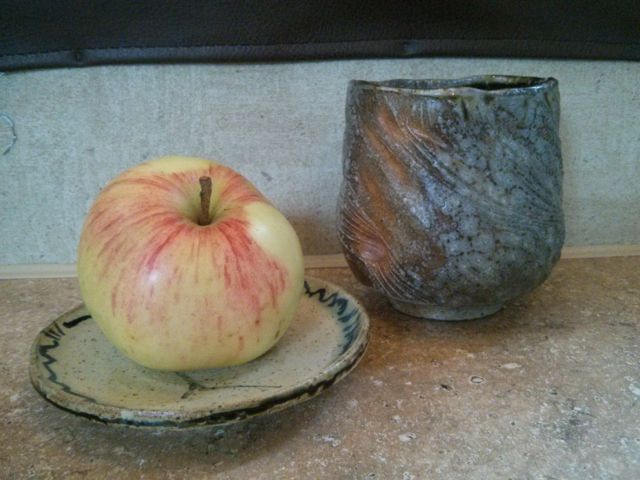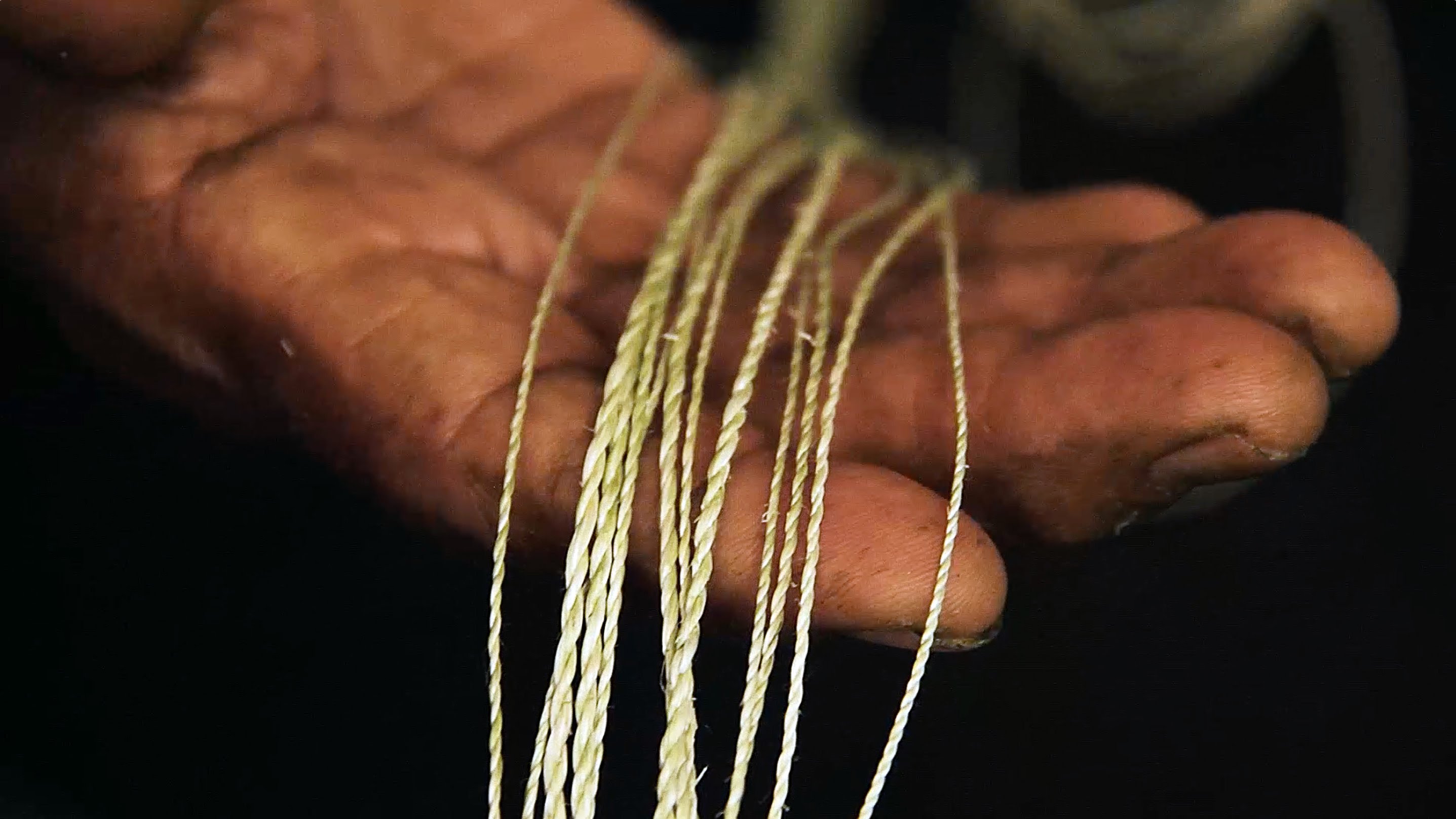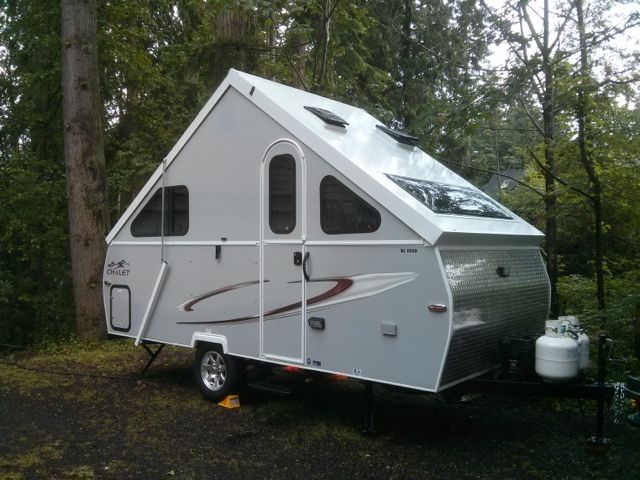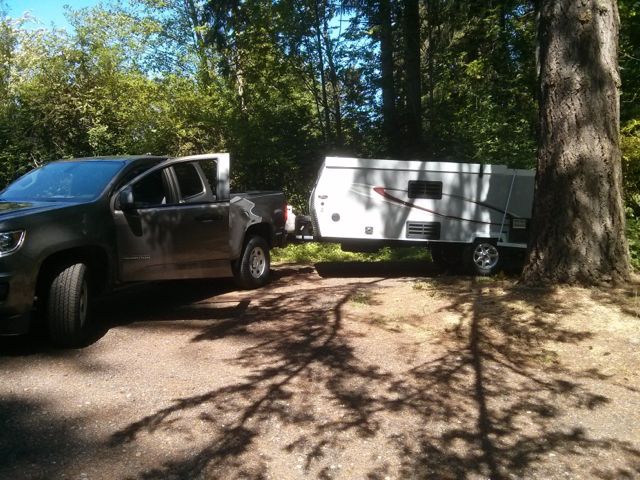Day 12: Another ordinary day
 September 17, 2016
September 17, 2016 
Somehow almost two weeks have passed since moving out of our house and into our trailer. The month before the move is a blur of busy-ness; the two weeks since have been spent mostly recuperating from the move (sleep is a miraculous thing!) and getting oriented in our new life.
With a venture like this, nearly everything about it is unknown, so it is easy to project onto it our hopes and our fears. We will be free; life will be simple; it will all be a grand adventure! Or we will be wet, dirty, and cramped for the year, or robbed of all our possessions after a week.
What I am finding is that this life is neither as exciting nor as scary as it might seem from a distance. Really, what stands out to me most is how ordinary it all feels. Much of my day is often filled with the tasks of daily living. Though there is simplicity in having only what we can fit in our truck and trailer, this also means that our basic chores can be more complex than when we lived in a house.
For example, when we don’t have an electrical hookup, the solar system needs to be managed throughout the day in order to have power. It requires unpacking and setup, regular orienting toward the sun, protection from rain and theft, and packing up again and storing at the end of the day. No more just flipping a switch for power! Water is the same. We need to locate fresh water, fill our tank, make sure the system is kept clean, and carry the waste-water bag to empty it in an appropriate spot.
No showers? Then we set up the shower tent. Time to move on? Then everything we set up needs to be taken down. New town? Then we need to locate a new grocery store and find a laundromat. And then there are all the miscellaneous things: Having the right kind of change for shower tokens and washing machines; what to do with your wet towels; how to fit bulky vegetables in a small fridge; where to store our recycling until we can find a drop-off-center…the list goes on.
At first, all these extra chores felt like, well…kind of a chore! Shouldn’t I get this stuff “out of the way” so I can do something “more important” or “more exciting?” But as I have continued to slow down and relax, I am finding that when I focus on what is at hand—whether that is washing my shoes or folding the trailer to leave camp—that I enjoy doing these daily tasks. That it is pleasant to do the work of caring for ourselves, especially when we are often outside doing it.
There will definitely be time for adventures and writing and meeting people and exploring and learning. But right now it is enough to figure out how to stay fed and clean and dry. To have clothes to stay warm in and a bed at night. To have fresh water and a light when it is dark.
Perhaps this is the meaning of simplicity: to understand the importance of the basics. Food. Water. Shelter. How much work they really take to create and maintain. How necessary they are to our well-being. How damaging it is when these needs aren't met. I feel grateful for all that I have in a way that I didn't feel when I had "more." And that is an exciting adventure!
-----------------
(After leaving our house on September 5, we stayed a couple days in Seattle, then headed toward the ocean and have been exploring Ocean Shores and Westport.)




